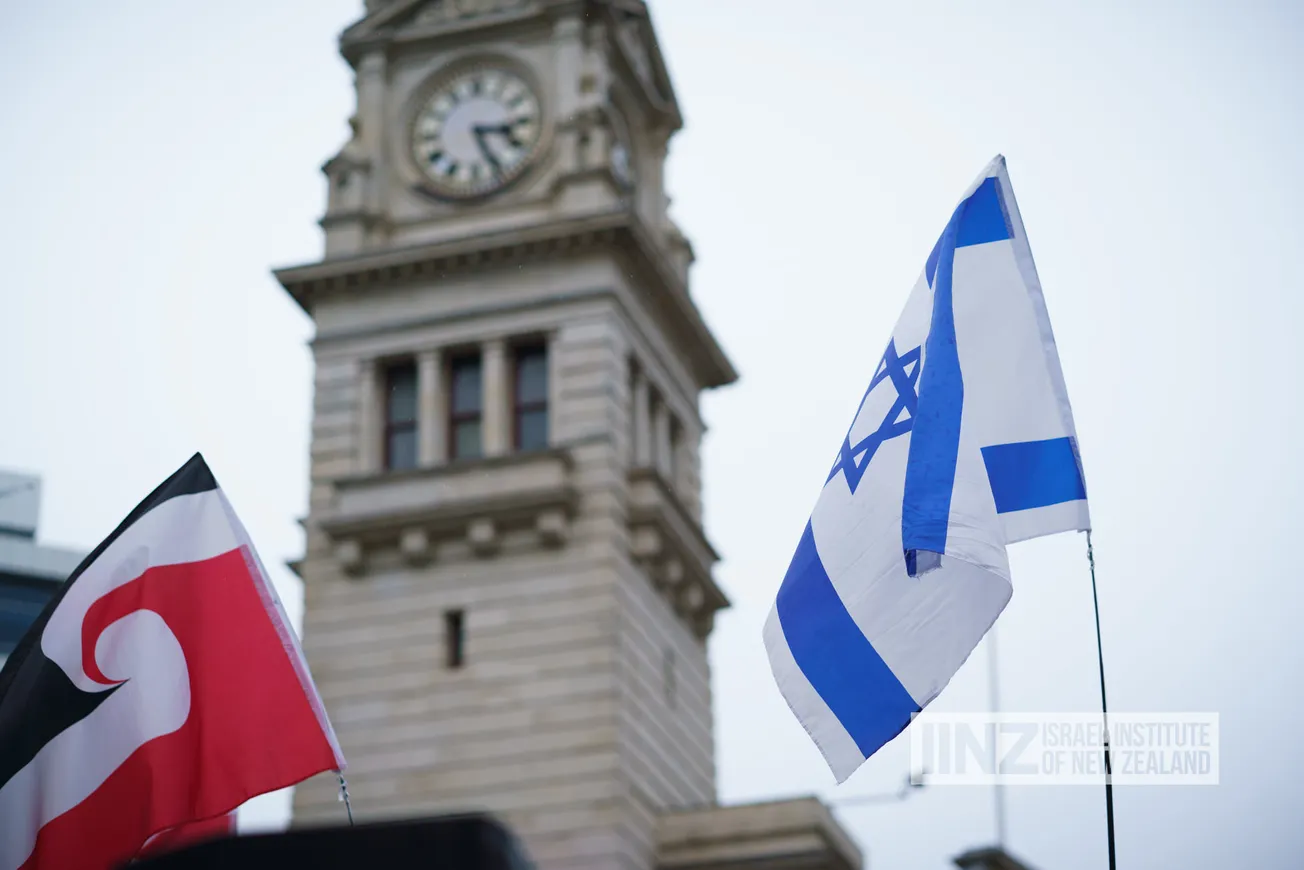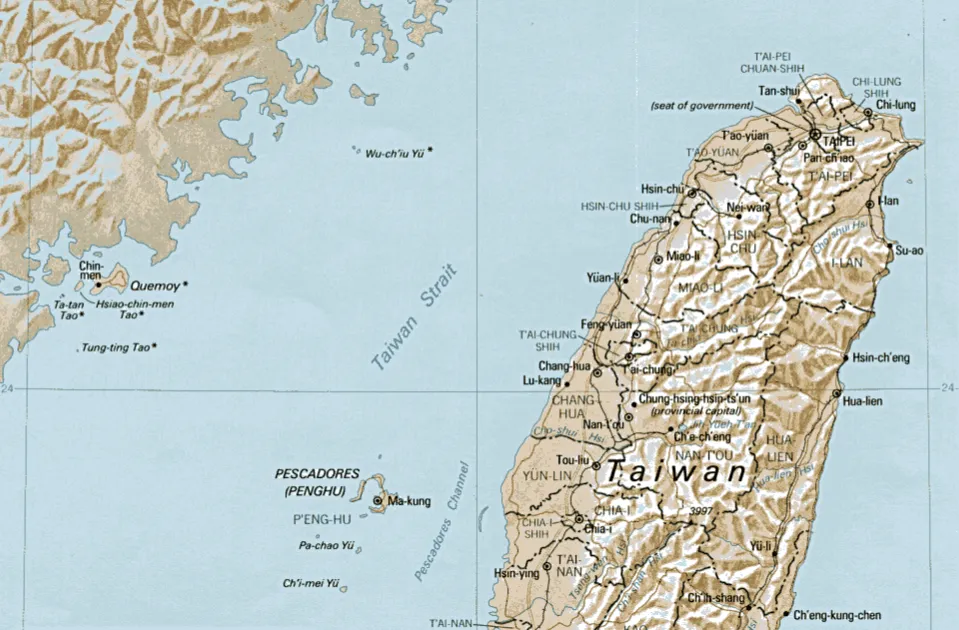Table of Contents
Tena koutou, Tena koutou, Tena koutou katoa and shalom.
There’s a sense of deja vu as we gather here today. Many of us did this in 2014 and many of the messages were exactly the same.
Today I’m just going to cover another point as a historian.
We’ve seen the conflict between Israel and Gaza and it’s been all too real the battle that we’ve seen on our screens.
But there’s another battle that has been going on in the way the story has been told and the way the narrative has even shaped. The use of language has a significant impact, and sadly one of the flow on effects of a distorted picture has been the upsurge in antisemitism – a 400% increase reported in Britain for example.
A couple of the terms we frequently hear bandied about and misapplied to Israel — are the words colonisation and colonialism.
Put simply, colonisation describes the process by which an empire, such as the British sent people to places like New Zealand and Australia, to create new societies, very similar to their own. In the process, the indigenous people were often dispossessed and mistreated.
In Aotearoa NZ, the treatment of Maori was more humanitarian than in other places, with the signing of a treaty. However, injustices were perpetrated and we are still dealing with the consequences today.
Academics have devised a settler colonial framework to analyse the past, but it is often politicised and the true history is frequently manipulated and distorted.
The state of Israel has often been viewed through this lens and this thinking filters down to media, to politicians and to the street.
I would argue that Settler colonialism is an entirely inappropriate and inadequate framework for viewing the Israel/Palestinian conflict. Furthermore, superimposing our local history on the Middle East, as a way of understanding what’s happening there, simply does not work.
For a start, how can you call a people who have had a presence in the land for more than 3 1/2 thousand years, foreign settlers or colonialists? It is much more accurate to see them as an indigenous people returning to the land of their ancestors – remembering of course – that there have always been Jews living in the land. In Maoritanga we talk about the remnant who keep ahi kaa in the land – they keep the home fires burning by their presence. In places like Hebron, where Abraham and Sarah are buried, Safed, Jerusalem and Tiberias, there have been Jews living for millennia.
The defining factors of indigeneity include self-identification; historical continuity; strong linkages to the land; distinct language, culture, and beliefs and a commitment to maintaining the group’s distinctive identity, we see all these elements in the Jewish connection to Israel – in religious practices like the daily prayers facing Jerusalem, in cultural practices and festivals like Passover or Pesach, which ends with the prayer “next year in Jerusalem”, in the many tapu sites throughout the land where Jewish tupuna are buried, and in the miraculous revival of Hebrew as an everyday language.
The Jewish people qualify in every respect as indigenous to the land of Israel. When we add to that, the archeological, historical and genetic evidence, it is not too much to suggest that no people group can claim a stronger connection to an ancestral homeland.
When politicians and activists say they stand with the tangata whenua, they should recognise that Jews are the tangata whenua of the land of Israel.
When politicians and activists say they stand against racism, they must also stand against the genocidal Jew-hatred of Hamas.
We declare our support for Israel, but also those Palestinians – and there are many – who seek peace and freedom from their terrorist regime. We call on our government to unequivocally condemn the terror group Hamas that pours its resources into terror tunnels and rockets, and incites Jew-hatred in its school curriculum – something that we Kiwis fund with our tax dollars via our ongoing support for UNWRA.
And so from Aotearoa NZ we send our aroha to Israel and say Kia kaha – Kei te tu matou ia koutou.
Be strong – We are standing with you.
Kia kaha – Kei te tu matou ia koutou.
Be strong – We are standing with you.
Please share this article so that others can discover The BFD.









